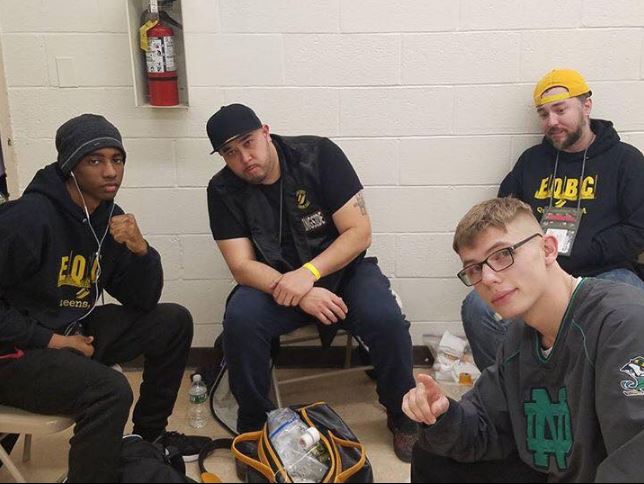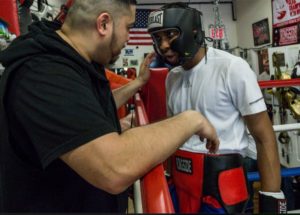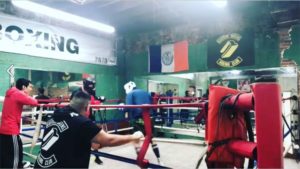As someone whose sporting history has tied in with an education background, I am continuously perplexed by the ubiquitous lack of sports coaching following the standards of scholarly pursuits. In boxing especially, fighters can only be grateful to have coaches who care and who communicate the art well enough – I’ve had very good coaches who did just that. But just that.
What low standards that is in this age in which writing communication is a part of our everyday lives.
It is already so that boxing coaches never had to be educated, but it should be obvious that great coaches should share the standards of great educators of any field.
Here are some characteristics of the most effective teachers, and boxing coaches should put forth no less. This list is from greatschools.org:
- Great teachers set high expectations for all students. Too many boxing coaches cherry-pick their boxers. They ignore people who seem like they’re less, whether that means novice or slow-learners or those who show lower work-ethic. It is a job of a good coach to inspire, not squire (like one would for a lady).
- Great teachers have clear, written-out objectives. Boxing coaches have a stigma to not read, research, expand knowledge, or write. How can any leader have a detailed plan without it being written down? “Effective teachers have lesson plans that give students a clear idea of what they will be learning, what the assignments are and what the [criteria for judgment is].”
- Great teachers are prepared and organized. Boxing coaches should lead, and that means being prepared more than any of his boxers are. Professionalism begets good habits and more professionalism. So when a coach doesn’t have tape, scissors, etc. at a sanctioned fight, how great of a coach could he be? Great coaches should also track their progress and have their own tactics for taking statistics.
- Great teachers engage students and get them to look at issues in a variety of ways. Effective boxing coaches understand the subjectivity and the lack of boundaries of boxing. Every boxer is different too, so what works for one fighter may not work for anyone else. Boxing is an intricate art and should be viewed as such. Questions should have explanations that lead to other questions and explanations. Mechanical knowledge should be thorough and translatable but custom to every individual.
- Great teachers form strong relationships with their students and show that they care about them as people. Great coaches have to really care about the boxers. Show me a coach who doesn’t care about the individual boxer, show me a coach who should be fired or who should let go of his fighter. Great coaches need to know his fighters, as they are all different and have to be taught differently (this applies to strategy and personality). Coaching, as opposed to boxing, is supposed to be a selfless pursuit; a fighter boxing, on the other hand, is following, arguably, the most selfish pursuit in the world. Coaches should view their relationships with boxers like close partnerships, as boxers should view it, too. Communication, honesty and listening, is what forms strong relationships. When a coach can reflect on his mistakes, as well, it is a sign of a great coach. A great coach should also be loyal to his fighter, never leaving his side or backstabbing him even after conflict. And loyalty is a single-lane, two-way street. Boxers and coaches become extensions of families. Commitment is the heart of the relationship. The problem is when fighters lose sight of the partnership. This is often when they find out something they weren’t looking for.
- Great teachers are masters of their subject matter. This is tricky, because there are plenty of tournament champions who are far from masters of the subject matter of boxing. To truly see the weight of a coach’s mastery of the art of boxing, see what he produces. Check what he knows. Great coaches evolve, too. They continue their education into the art of boxing and are very self-aware about where they stand in their art. The exhibition of expertise comes in their communication more than anything. This is especially because of the subjective nature of boxing. Plenty of great fighters can show a tactic, but they surely may not be able to discuss the causes and effects, the what ifs, the what next’s, the way someone else might think, reasoning, etc. Exploring new tools and methods for teaching is what keeps coaches masters of the subject matter. Communication, and its many forms, is a theme of great coaching that carries into all the bullets presented above.




